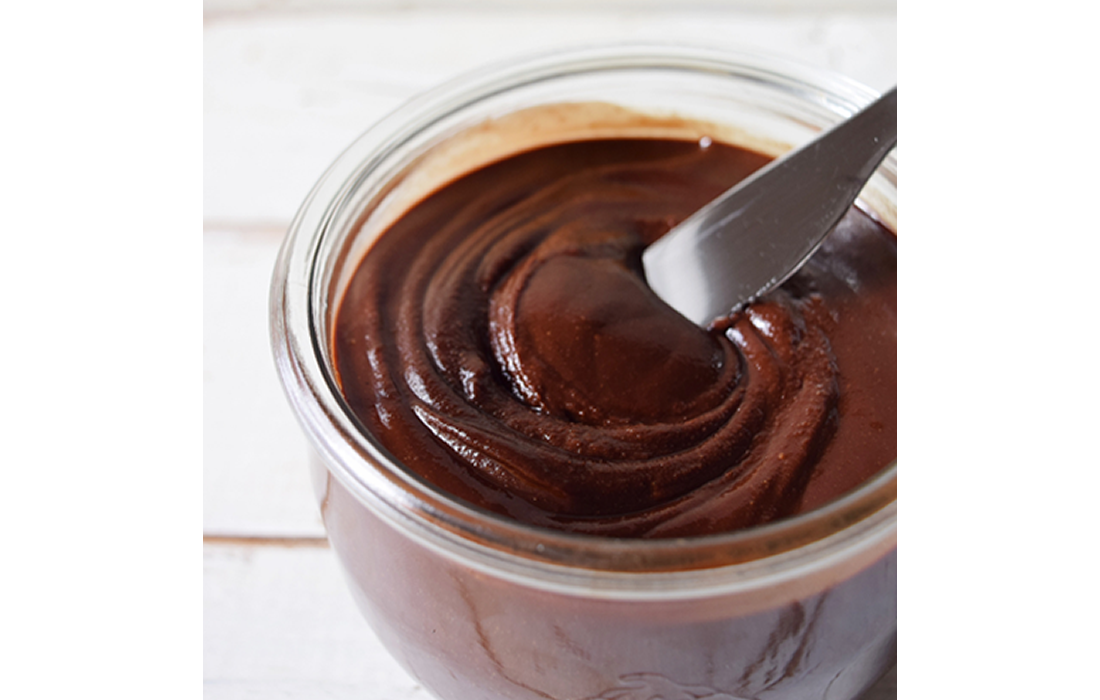Regenerative Medicine News and General Information
Palm Oil Linked to Cancer Spread
Scientists have shown how a fatty acid found in palm oil can encourage the spread of cancer, in work that could pave the way for new treatments.
The study, using a mouse model found that palmitic acid promoted metastasis in mouth and skin cancers. In future, this process could be targeted with drugs or carefully designed eating plans, but the team behind the work cautioned against patients putting themselves on diets in the absence of clinical trials.
“There is something very special about palmitic acid that makes it an extremely potent promoter of metastasis,” said Prof Salvador Aznar-Benitah, of the Institute for Research in Biomedicine (IRB), Barcelona. “I think it is too early to determine which type of diet could be consumed by patients with metastatic cancer that would slow down the metastatic process.”
The study adds to emerging evidence that diet can be used to enhance existing cancer treatments because certain nutrients are disproportionately relied on by tumour cells, or are required at critical stages such as metastasis.
The study built on previous work by the same team showing that, within a tumour, just a small subset of cells have the capacity to spread by travelling out of the tumour, reaching other organs and colonising them. These specialised cancer cells appeared to rely particularly heavily on fatty acids and the latest work narrowed this down to palmitic acid, which is found in palm oil – but also in a wide variety of foods such as butter and olive oil.
The study was recently published in the journal Nature and found that when palmitic acid is supplemented into the diet of mice, mouth and skin cancers are more likely to spread. Other fatty acids, such as oleic and linoleic acid did not show the same effects
The study suggested that exposure to palmitic acid caused changes to the function of genes in cancer cells that allowed them to sense fatty acids and consume them more efficiently. The presence of palmitic acid also appeared to send cancer cells into a “regenerative state” allowing them to form signalling networks beyond the tumour, which is known to be a crucial step towards spreading.
Metastasis of cancer remains the main cause of death in cancer patients and the vast majority of people with metastatic cancer can only be treated, but not cured.
By understanding what cancer cells need to make this leap, the scientists also identified ways to block the process and are planning a clinical trial of proteins that interfere with the tumour response to palmitic acid.
This study provides strong motivation for further study on how dietary choices influence the risk of tumour progression. It is also a breakthrough in our understanding of how diet and cancer are linked.
Source:
Hannah Devlin. (2021, Nov 10). Fatty acid found in palm oil linked to spread of cancer. The Guardian. Retrieved from:
Image from:
https://www.selvabeat.com/home/palm-oil-free-nutella

